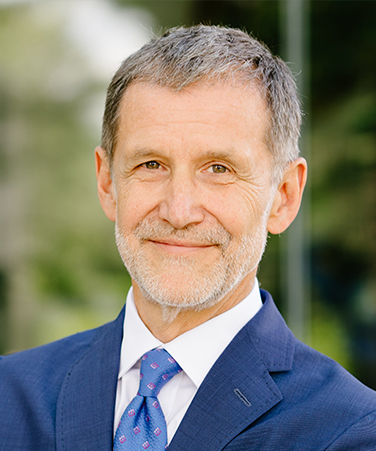The United States experienced unprecedented change in 2020. The COVID pandemic and the tragic deaths of George Floyd and Breonna Taylor brought to light inequities long present in the nation. Politician and citizen alike found themselves in polarizing discussions on Diversity, Equity, and Inclusion (DEI), as DEI quickly became a hot-button issue.
The Council for Higher Education Accreditation (CHEA), the only national organization in the United States focused exclusively on higher education accreditation and quality assurance – discussed proposed changes to their standards, including the addition of a diversity, equity, and inclusion standard for the regional accreditation organizations that it recognizes, affirming that, “Diversity, equity, and inclusion have always been in the mindset of the accreditors.” After a 2020 approval of changes by its board of directors, CHEA held a Call for Comment and Meeting – CHEA Recognition Policy Review in August of 2021
Those familiar with the regional accreditation affirmation process will recognize that a standard requires a detailed response with sufficient evidence to satisfy the standard. In reflection on the need for DEI as an accreditation standard, CHEA states, “How do you make sure your doors are open and inclusive regardless of gender, religion, ethnic or cultural demographics? This is a commitment we ask our accreditors to [make] and in turn they should manifest that within their accreditation standards.” Further, CHEA asserts that, “This is an intentional expectation that we have for the accreditors, and we hope that they manifest a commitment that produces evidence. Although we don’t tell accreditors how to do it, there is an expectation that they will do it.”
These are strong endorsements for regional accreditors to consider in their reflection on the place of DEI in their standards and initiatives. The Middle States Commission for Higher Education (MSCHE), the accreditor for all of CUNY’s colleges, is a CHEA recognized accreditation organization and as such, complies with the CHEA Standards. MSCHE accreditation is important since accreditation allows our colleges to grant federal student financial aid to its students. In response to CHEA’s new standards, MSCHE President, Dr. Heather Perfetti, had the following to say:
“The Middle States Commission on Higher Education recognizes that it holds an important voice and space within the higher education community. Through the launch of its Pillars of Change podcast, the Commission is highlighting institutional diversity, equity, and inclusion initiatives. The podcast is viewed as an important call to action, where one institution could inspire another, and where we, individually and collectively, can fulfill our responsibilities of promoting a more just society as well as making a difference in the lives of our students. In addition, the Commission’s standards and requirements speak to institutional ethics and integrity broadly as well as criteria specific to climate and diversity. MSCHE is also in the process of undergoing a review of its standards, where additional DEI criteria may be considered by institutional members. Please visit the MSCHE Pillars of Change podcast at https://www.msche.org/pillarsofchange/.”
According Daniel Lemons, Interim Executive Vice Chancellor and University Provost, “CUNY has a strong, decades-long history of championing diversity, equity, and inclusion initiatives. We are home to the most diverse student population on earth and we recognize the value of a diverse and equitable learning environment. All of the CUNY colleges look forward to working with Middle States, which is recognized as an accreditation authority by CHEA. CUNY and Middle States will collaborate to provide evidence of each college’s DEI initiatives and assessment of the campus climate.”
As colleges and schools move forward in their strategic planning and self-studies, we encourage institutions to include a reflection of their institution’s efforts and accomplishments regarding diversity, equity, and inclusion. The University is committed to the CHEA affirmation that this work is critical for student success and for a healthier society.

Author(s)
Tammie Cumming, Brooklyn College, CUNY
Isana Leshchinskaya, Brooklyn College, CUNY
M. David Miller, University of Florida


No comments yet.